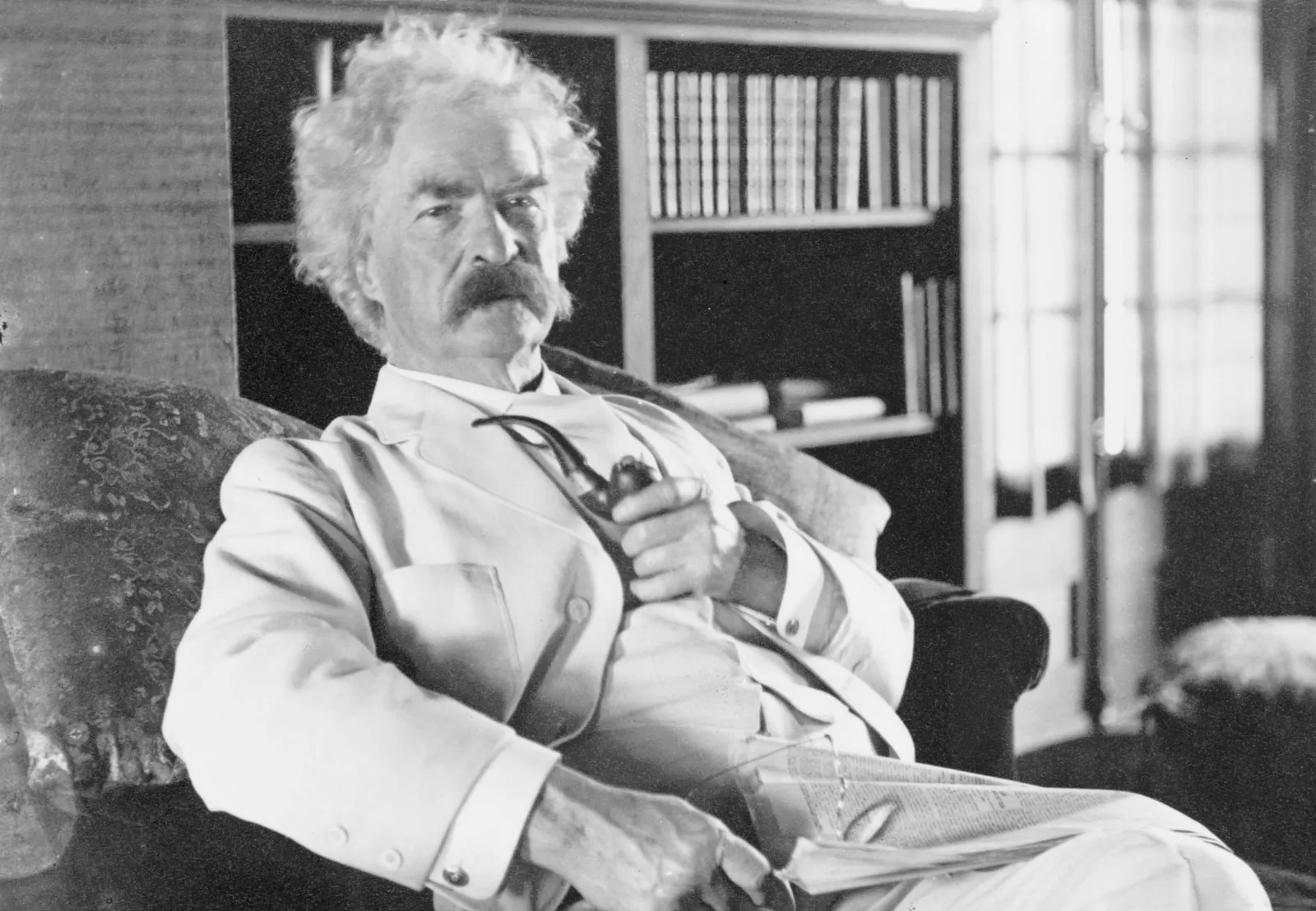
The Satirical Genius of Mark Twain
admin
- 0
kfoodfair2015.com – Mark Twain, born Samuel Langhorne Clemens, is one of America’s most celebrated writers, known for his sharp wit and keen observations on human nature. His use of satire not only entertained readers but also offered profound insights into the social and political issues of his time. Twain’s ability to blend humor with criticism has solidified his place as a literary genius whose works continue to resonate with audiences today.
Twain’s Background and Influences
Twain’s background played a significant role in shaping his satirical style. Growing up along the Mississippi River, he was exposed to a diverse range of people and cultures, which later influenced his writing. His experiences as a riverboat pilot, journalist, and traveler provided him with a wealth of material to draw upon. Twain’s keen eye for detail and his ability to mimic dialects added authenticity and depth to his characters and narratives.
Satire in Twain’s Major Works
“The Adventures of Huckleberry Finn”
One of Twain’s most famous works, “The Adventures of Huckleberry Finn,” is a prime example of his satirical prowess. The novel critiques the entrenched racism and moral hypocrisy of American society. Through the innocent eyes of Huck and his friendship with Jim, a runaway slave, Twain exposes the absurdity and cruelty of racial prejudice. The novel’s humor and irony highlight the contradictions and injustices of the time, making it a powerful piece of social commentary.
“The Adventures of Tom Sawyer”
In “The Adventures of Tom Sawyer,” Twain satirizes the romantic notions of childhood and adventure. The novel presents a humorous yet critical view of small-town life and societal norms. Twain uses Tom’s mischievous antics to poke fun at the adult world’s obsession with propriety and conformity. The story, while lighthearted, subtly critiques the societal expectations placed on individuals.
“A Connecticut Yankee in King Arthur’s Court”
Twain’s “A Connecticut Yankee in King Arthur’s Court” is a brilliant satire on the romanticization of medieval times and the blind faith in progress. Through the protagonist, Hank Morgan, Twain explores themes of technology, power, and human folly. The novel’s biting humor and imaginative plot underscore Twain’s skepticism of both the past’s and the present’s societal structures.
Twain’s Legacy
Mark Twain’s use of satire has left a lasting impact on literature and culture. His ability to blend humor with social criticism paved the way for future writers to address serious issues through satire. Twain’s works remain relevant today, as they continue to challenge readers to question societal norms and injustices.
Conclusion
Mark Twain’s genius lies in his ability to use satire as a tool for both entertainment and enlightenment. His works offer a window into the complexities of human nature and the absurdities of societal conventions. Through his masterful storytelling and sharp wit, Twain has earned his place as a towering figure in American literature, whose satirical legacy endures.


